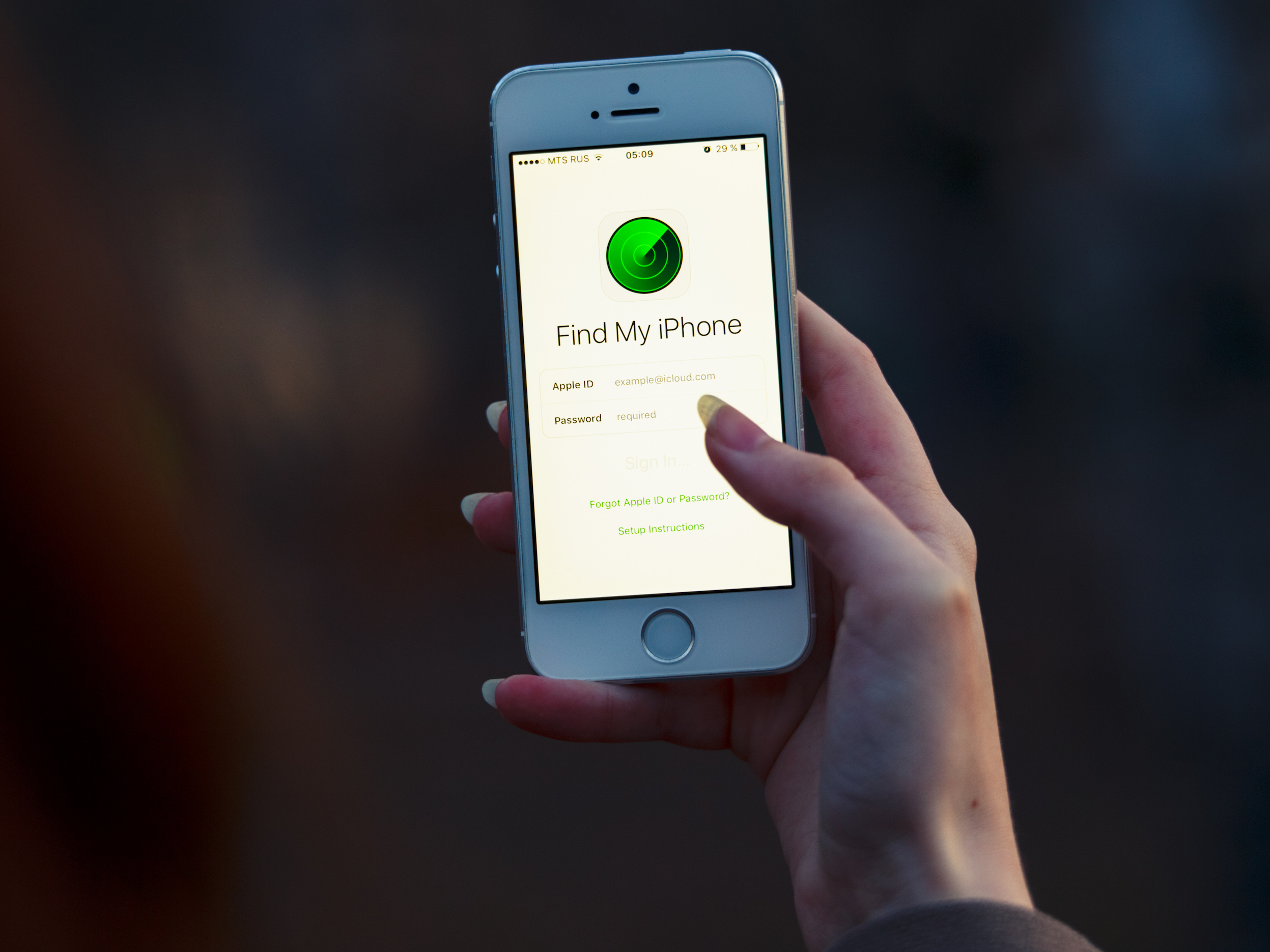- A leaked Apple document obtained by The Washington Post suggests that Apple is imposing tight restrictions on developers participating in its “Find My” program.
- The program allows third party developers to build support for Apple’s Find My service into their products.
- According to the Post, the program prohibits the devices in Apple’s Find My program from working with other competing products simultaneously.
- It sounds like it could be similar to the way Apple’s HomeKit Secure Video platform works.
- The report has surfaced as Apple’s relationship with developers has come under scrutiny just before CEO Tim Cook will testify at an upcoming antitrust hearing.
- Are you an app developer with an insight to share? Contact this reporter Contact this reporter via encrypted email ([email protected]), standard email ([email protected]), or Twitter DM (@lisaeadicicco). We can keep sources anonymous. Use a nonwork device to reach out.
- Visit Business Insider’s homepage for more stories.
A leaked Apple document has shed light on the guidelines and restrictions the company imposes on app developers participating in its “Find My” program, according to a new report from The Washington Post.
The Find My program, along with other changes Apple recently made to grant third-party apps greater access to its ecosystem, have been portrayed as a big win for developers, coming as Apple’s relationship with app makers has come under scrutiny.
Find My is an Apple app that allows you to locate lost or stolen Apple devices tied to your Apple ID. Find My can also work even when devices are offline and sleeping by sending out Bluetooth signals from the misplaced device that can be detected by other nearby Apple products.
Apple announced the Find My network accessory program in June, which lets companies build support for Find My into their product so that iPhone owners can track them using the app.
But the Post's report points out what appears to be a restriction mentioned in the document: Competing services cannot be used with products in the program simultaneously - a decision that developers have characterized as odd, according to The Post.
The report did not elaborate on what this means, but it sounds similar to the way Apple's HomeKit Secure Video platform works. For example, when enrolling a Logitech camera with HomeKit Secure Video, 9to5Mac reported that users are presented with an agreement saying that the camera will no longer be usable with Logitech's Circle app once converted to a HomeKit Secure Video camera, since the firmware has been changed.
To revert the camera back to a version that's usable with Logitech's app, the customer would have to contact Logitech customer support. Converting the camera to HomeKit Secure Video also removes Android and web support, according to 9to5Mac.
But this doesn't appear to be a blanket restriction, as it seemingly varies by camera. The Netatmo Smart Indoor Camera still makes it possible to manage cameras via the Netatmo app even after enrolling it in HomeKit Secure Video, as iMore points out.
If this is similar to the structure of Apple's Find My specification, which is still in draft form, it wouldn't be totally unprecedented. But it would come amid heightened concerns about whether Apple's position as the operator of the iOS ecosystem and the App Store gives it an unfair advantage compared to developers.
Apple spokesperson Alex Kirschner told the Post that the program could be beneficial for developers since it allows them to tap into Apple's network of devices. "If you were a smaller player interested in getting into the finding space and you haven't built a finding network, this allows you to do that," he said.
Apple declined to comment further on the matter when contacted by Business Insider.
Tile, which makes a Bluetooth tracking accessory for tracking lost items, has voiced concerns about the level of access it's granted to the iOS operating system compared to Apple. The company raised issue with a change Apple made in iOS 13 which turns permission to always allow location access to app's like Tile's off by default, while the same setting is on by default for Apple's Find My app. Tile also sent a letter to the European Commission's competition chief Margrethe Vestager saying that Apple had been making moves to disadvantage Tile, according to The Financial Times.
The report comes as Apple - along with Google, Facebook, and Amazon - has been at the center of antitrust concerns in the technology industry. The CEOs of all four major tech companies are set to testify before Congress as part of an investigation into competition in digital marketplaces. Apple's practice of taking up to a 30% cut from App Store transactions is expected to be the focus of questions directed at CEO Tim Cook, coming after app makers like Spotify have said this rate makes it difficult to price their premium offering similarly to Apple Music.
Apple recently commissioned a study conducted by economic consulting and strategy firm Analysis Group showing that its App Store rates are similar to those of other online marketplaces.
Apple maintains that it maintains a level playing field for developers, saying on its website that the App Store welcomes competition.
Are you an app developer with an insight to share? Contact this reporter Contact this reporter via encrypted email ([email protected]), standard email ([email protected]), or Twitter DM (@lisaeadicicco). We can keep sources anonymous. Use a nonwork device to reach out.

